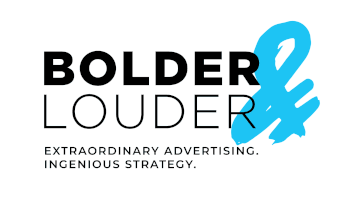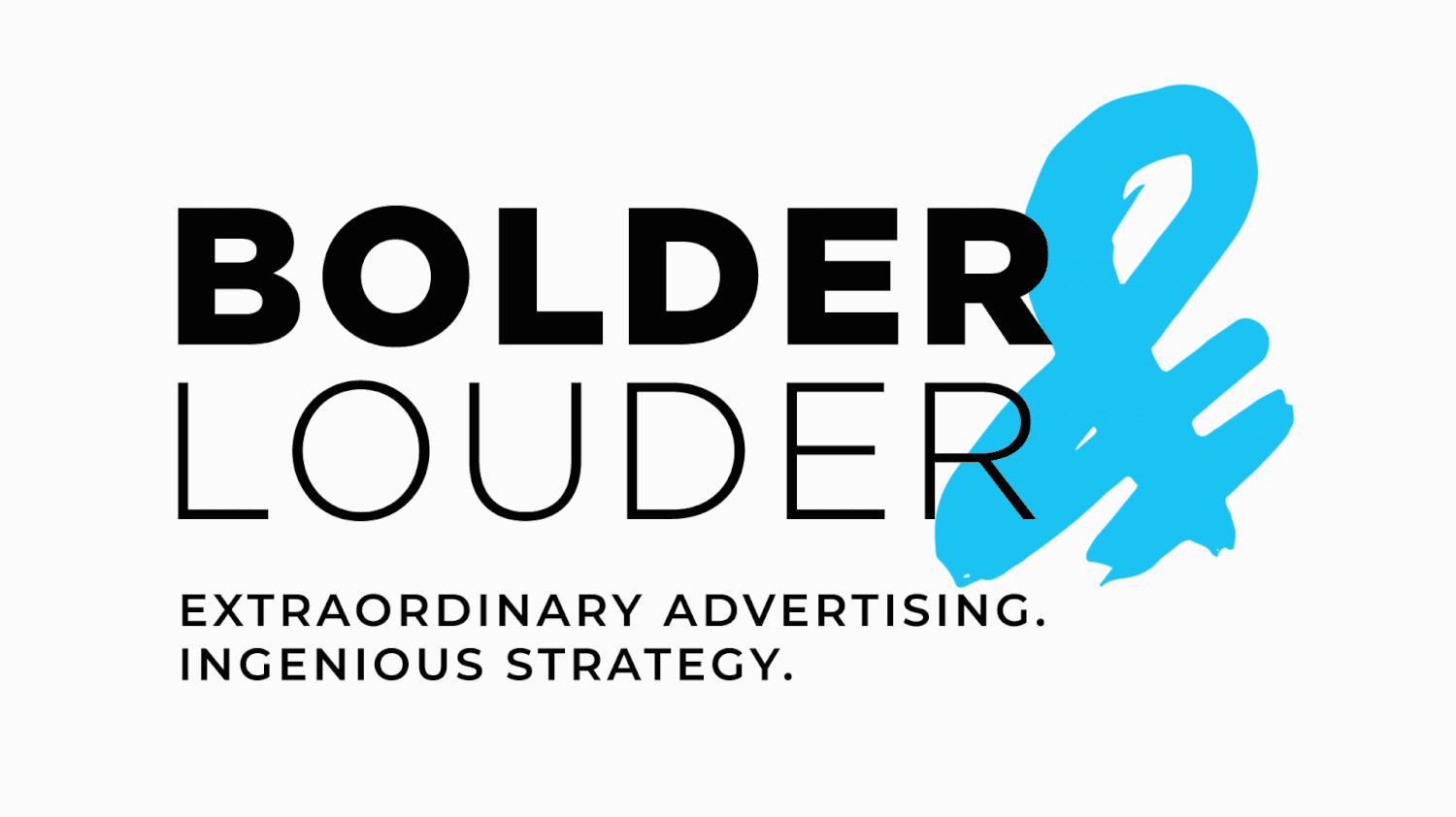Why Most Marketing Misses The Mark (And How You Can Hit The Bullseye)
Why Most Marketing Misses The Mark (And How You Can Hit The Bullseye) Here is perhaps one of the most ancient rules of human nature (which most people conveniently forget when it comes to marketing their business). If you truly understand it, it will forever transform the way you communicate with your prospects and clients, end your marketing headaches, and save you thousands of dollars:
Ready to learn this earth shattering truth? Here it is:
The people you’re selling to are selfish.
We all are.
They don’t care about why you’re in business; they don’t care about how pretty your brand is, how clever your tagline is, or how long you’ve been around. They don’t even care what school you went to or what your credentials are.
All they care about is themselves. How can they put an end to the pain they’re feeling – whether that’s a backache, feeling fat, a pain-in-the-neck ex-wife who just won’t sign those divorce papers, or sagging jowls?
That’s all they care about.
If you ignore this one simple fact - which most people do – you’re making a very expensive marketing mistake.
Here’s what most ads say: “Buy my brand!” “We’re the best!” “We’re the greatest!” “We’ve been doing this the longest!” “Give me money and I’ll solve your problems!”
Where’s the appeal in that?
The best ads don’t ask you to buy anything.
They offer wanted information.
They’re rich with advantages to the users, and they make an offer of little or no risk, so the customer can find out for themselves if what the company is saying is really true.
“An ad where no one is asked to buy? How could this possibly be successful?” you’re likely wondering.
It’s simple and these are not brand ads either. They’re ads that are truly successful because they’re based on knowledge of human nature and how people’s behavior is predictable. That’s our job as copywriters – to know the triggers that make people want to buy – even when you’re not asking them to buy. Some people call this Jedi mind tricks. I call this true salesmanship and a deep understanding of buyer psychology.
For example, imagine a man knocks on your front door with a pound of coffee and says, “We’ve got a new brand of coffee we’re launching. Please accept this package and try it with our compliments. I’ll come back in a few days and see how you liked it.”
“Great!” You think to yourself…”free coffee!”
The man returns in a couple of days, asks you how you liked the coffee but still doesn’t ask for the order. He explains that he’d like to send you a state-of-the-art new coffee machine. Unfortunately it isn’t free, but if you like the coffee he’ll credit every dollar you spend on the coffee towards the purchase of the new coffee maker.
Now you’re buying coffee and you get a free coffee machine for your money. You’re thrilled! Take that Starbucks!
Here’s another example.
A sewing machine maker was struggling with his marketing, and on good advice, finally stopped trying to chase the sale. Instead, he offered to send his brand of sewing machine to any home (through a dealer), for a one-week trial.
Sounds good so far. The difference was that these machines were accompanied by a person specially trained to show clients step-by-step how to operate them. The ad simply said “Let us help you with your sewing projects for a week – no cost or obligation.” It resulted in sales nine out of ten times.
You see your marketing has to be all about the customer. Not all about you.

